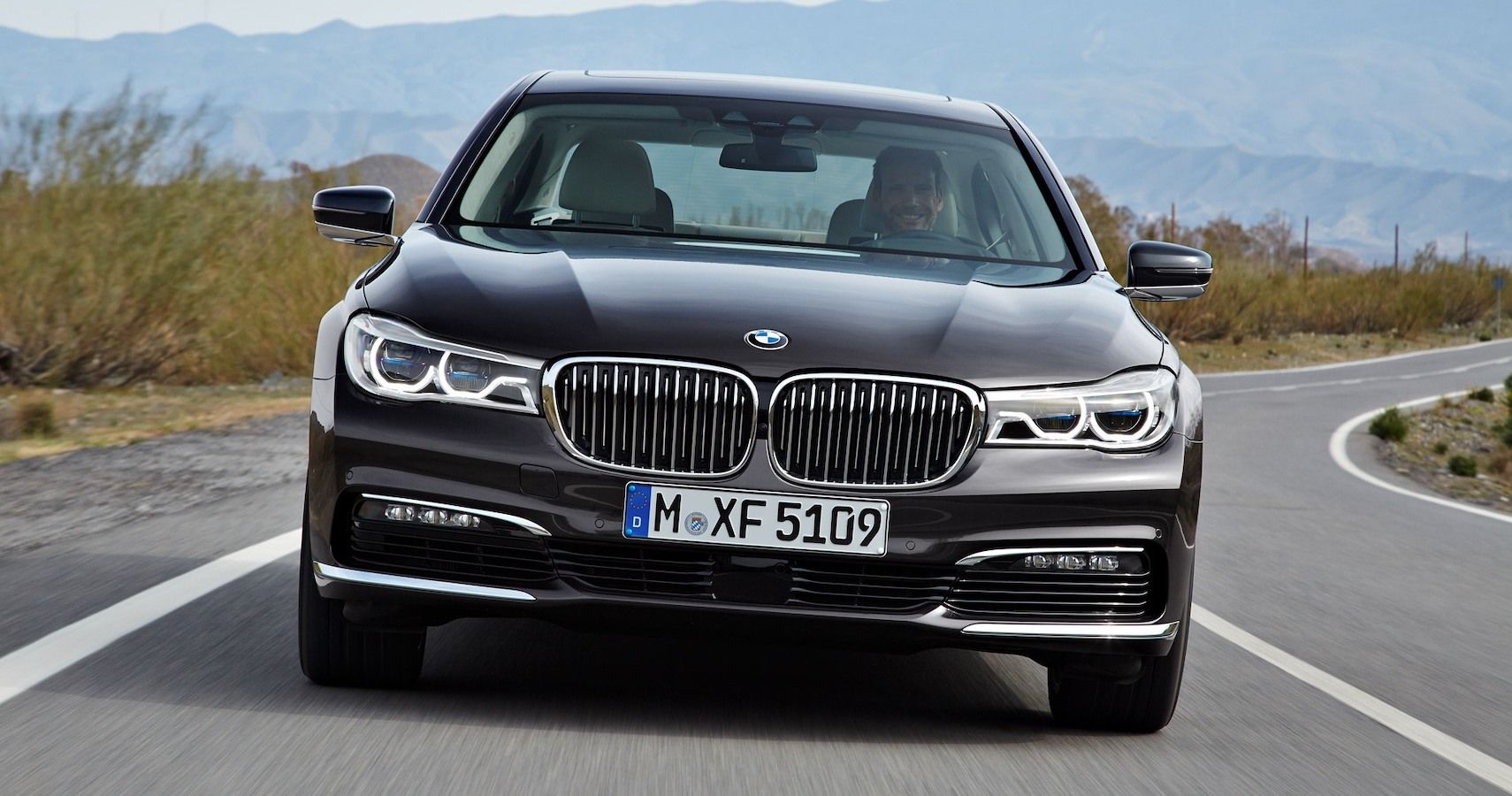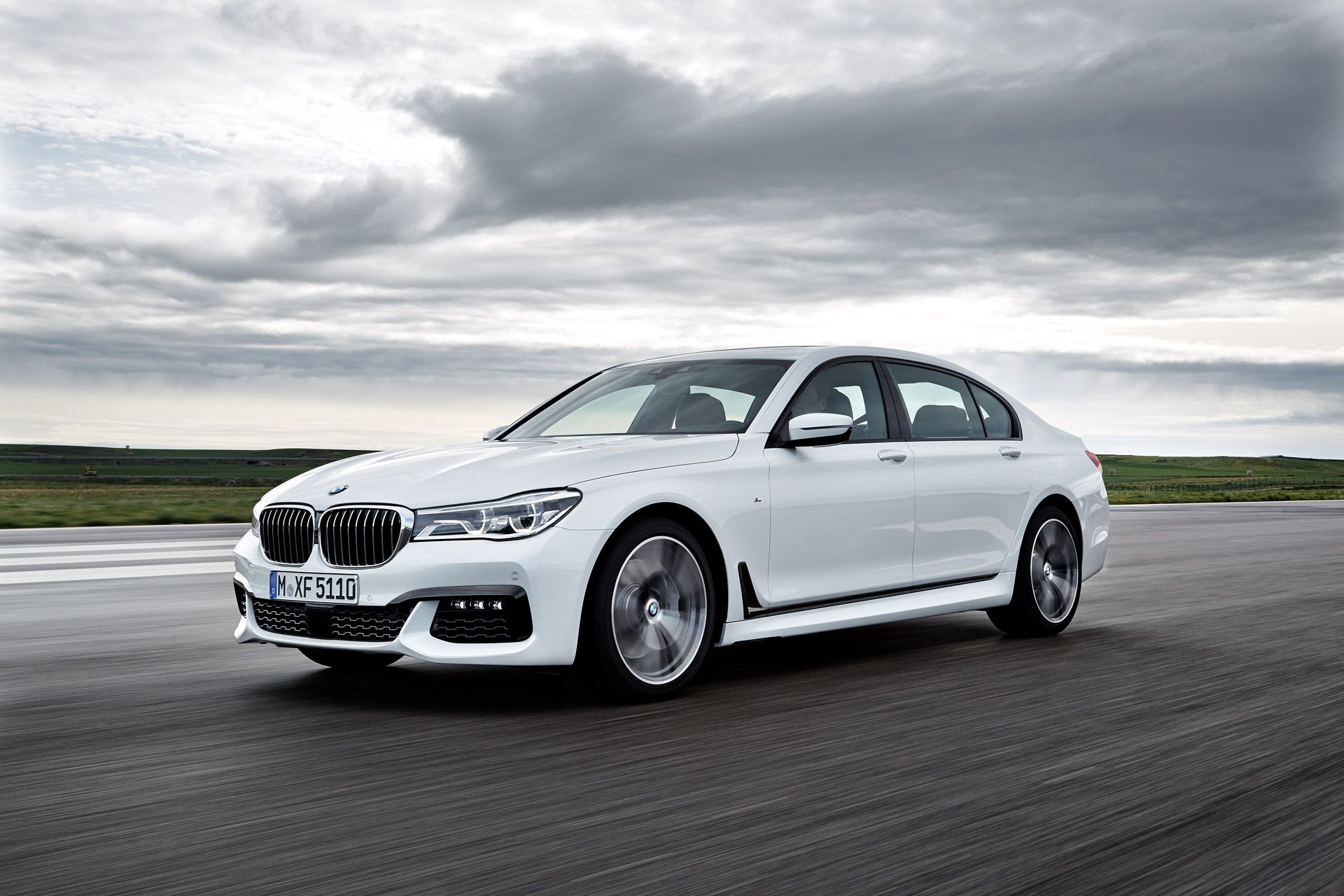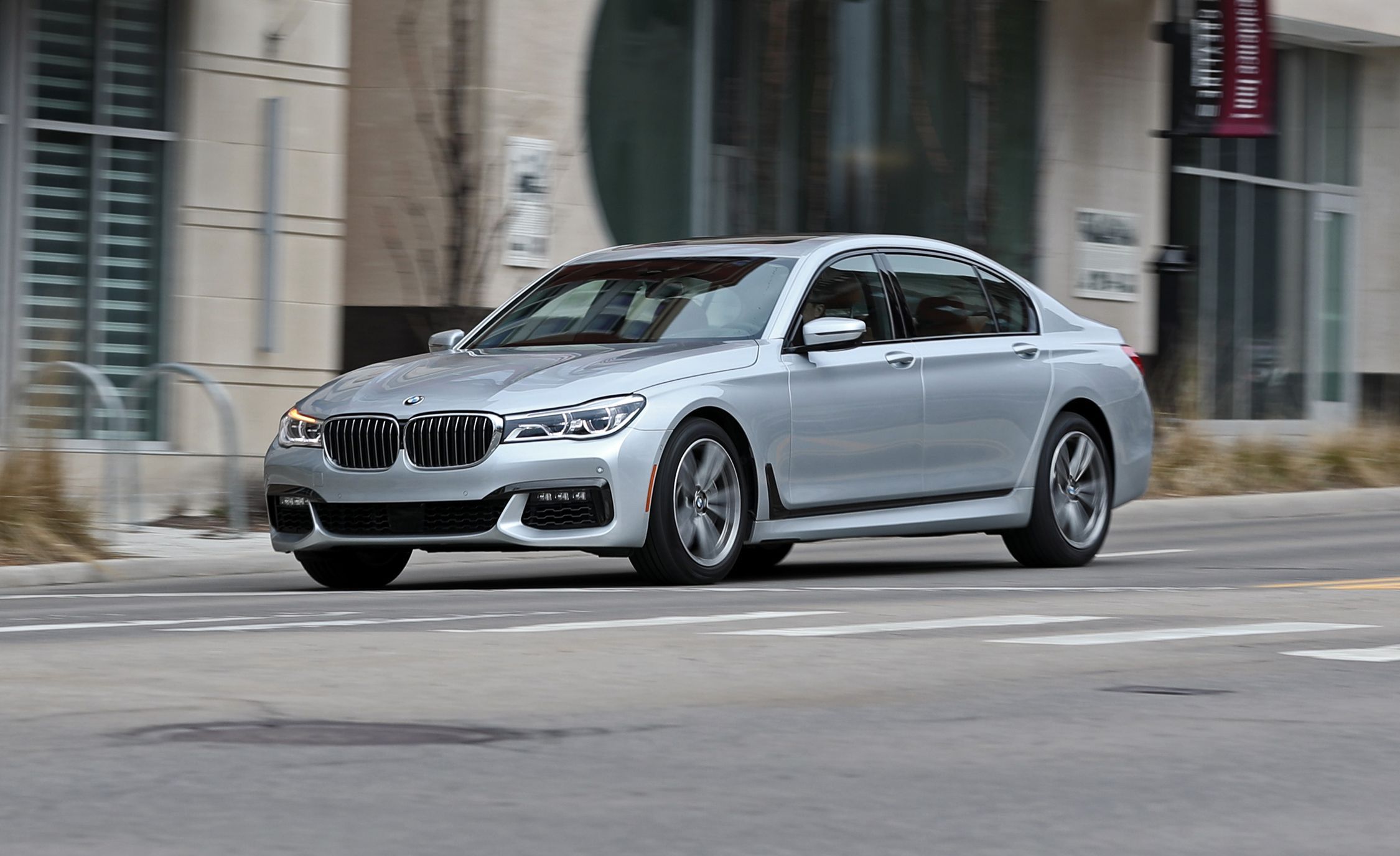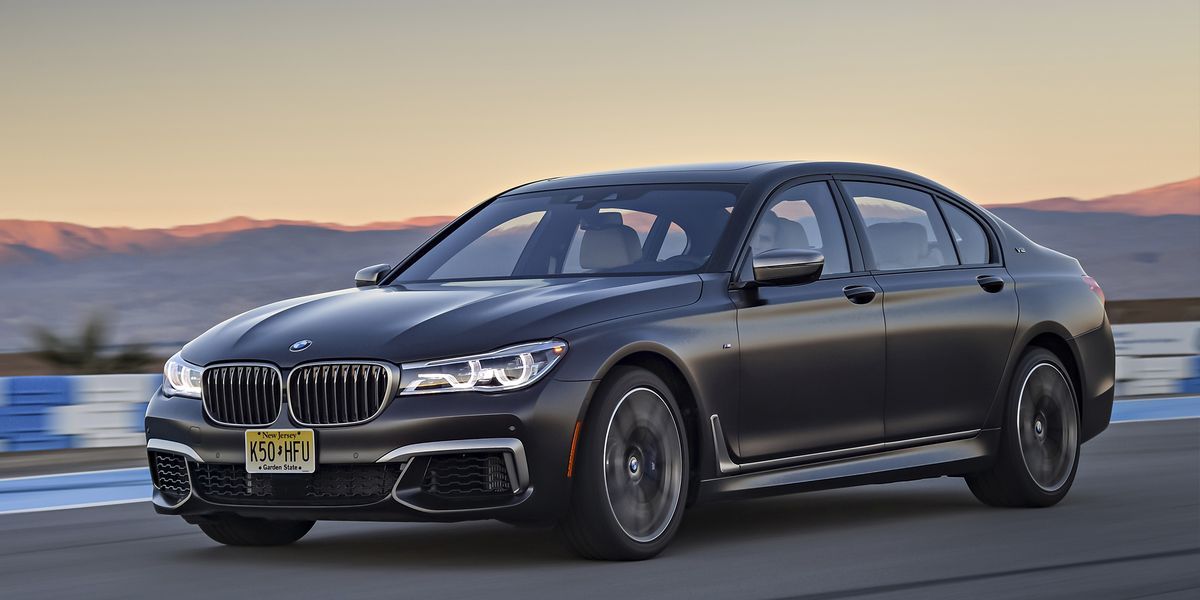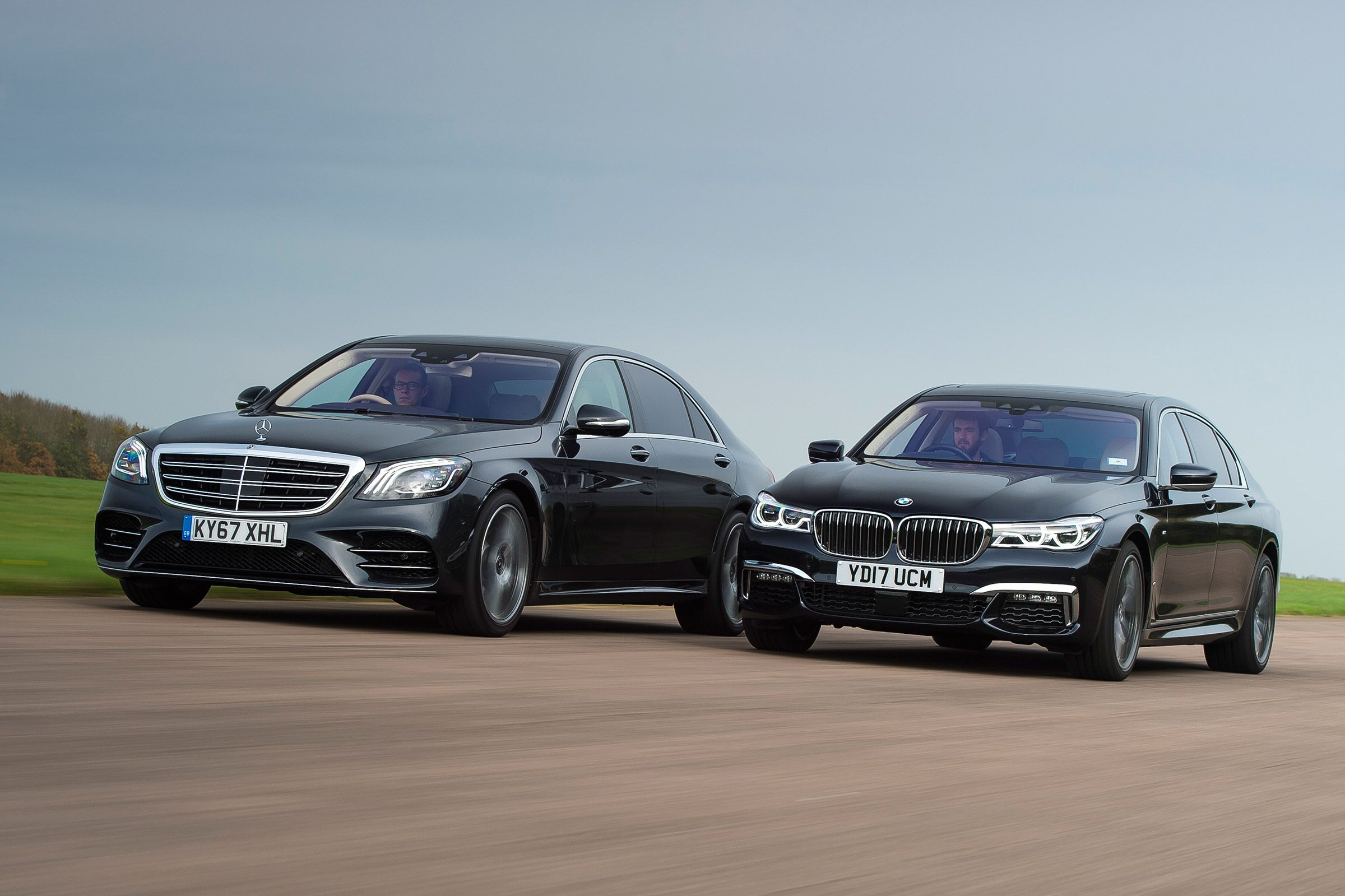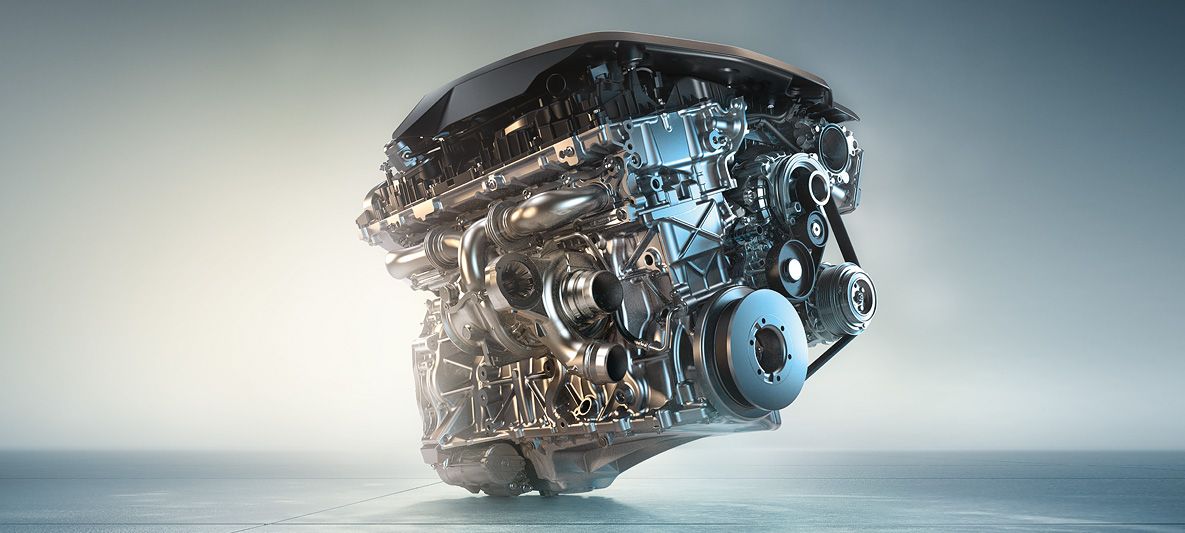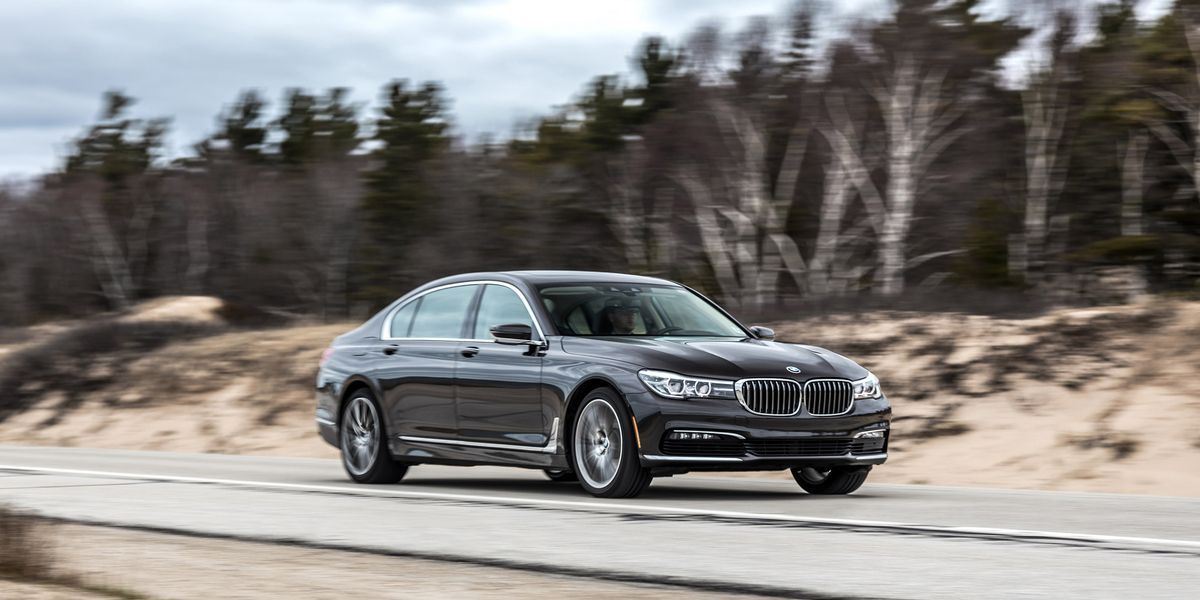Because luxury cars often carry a luxury price tag and require high levels of maintenance, it's no surprise that as they rack up the miles, their original value goes down significantly. Maserati leads the depreciation charge, with the resale prices of their cars averaging a 69% drop from their original sticker price after 5 years, followed by Volvo with 66%. But behind them? BMW.
While the Maserati badge may have the worst resale value, the BMW 7 Series has the worst 5-year resale value of any car on the market, averaging a 72.6% decrease in their original sticker price. We'll talk about exactly how much that is, and if that depreciation is a good thing for anyone looking to enter the luxury sedan market, but first we have to ask... why?
The BMW 7 Series depreciates like no other, so let's find out if those slashed prices make buying one of these used luxury cruisers the greatest heist of 2021.
Is The 7 Series Even A Good Car?
First, allow us to explain what that 72.6% price drop after 5 years of rolling off the line really means. Back in 2015, a 7 Series 750i, the trim with a turbocharged V8 and no AWD, would run you $87,300. Now, in the year 2021, you can find a used one with under 75k miles for as little as $20,000. Quite a leap from pricey to purchasable.
But as time ticked on, the 7 Series was criticized more and more for losing their sporty looks, so let's take a look at a more recent example. The original MSRP for a sixth-generation 2018 7 Series 750i sat at $96,400, a significant price hike from the 5th generation, but no more than a small fee to the luxury buyer demographic. Today, however, you can find plenty of 2018 750i's with lower mileage for under 60k. So in just 3 years, a 7 Series will cost you more than $12,000 a year, or $1,000 a month, just because you own one.
That's why it's reasonable to ask the question... is it a good car? Well, considering it's BMW's flagship model, it better be.
The sixth-generation 7 Series has a load of different engine/powertrain options. The aforementioned 750i line is fitted with a turbocharged 4.4-liter V-8 that originally made 445 horsepower, but as the years went on that number eventually increased to 523hp. For the more conservative, a 740i is available, with a 3.0-liter inline-six making 330 horsepower (soon to become 335hp).
In 2017, BMW came out with a plug-in hybrid version called the 740e, which used a turbocharged 2.0-liter four-cylinder engine paired with an electric motor to make a combined 326 horsepower. The two are nearly identical in performance, but the 740e is claimed to be 15% more fuel-efficient than the 740i. And then there's the M760i, also released in 2017. Packed with a twin-turbo 6.6L V-12 monster that makes 601 horsepower.
All of these trims had the option of RWD or AWD powertrains (with the exception of the V-12 powerhouse, which is only available in AWD) and 8-speed automatics for that added layer of smoothness. And the base models are packed with high-end goodies, like remote start, gesture control, and adaptive cruise control. The safety features are top-notch, the interior is comfortable, the engines range from reasonably powered to absolutely ludicrous. There's a BMW 7 Series for every kind of luxury sedan buyer. This takes us to our next question:
Why Is The Depreciation Of A 7-Series So Bad?
On paper, it's a good car... so what gives? Well, truth be told, rapid depreciation is a side effect of most luxury sedans on the market. The 7 Series has been second banana to the Mercedes S-Class for years, failing to outsell their German brethren since 2005. The S-Class has a better luxury/sportiness ratio than the BMW, but both cars hold value about as well as expired milk. As a reminder, the 7 Series depreciates at a rate of 72.6% over a 5-year period, whereas S-Classes depreciate at a rate of 67.1%. Both are bad, but the BMW is... badder...
There are two main contributors as to why depreciation has such an impact on luxury sedans: mileage and maintenance. It's a sad truth that a lot of luxury cars don't get driven all that far, as their millionaire and billionaire owners would rather be chauffered in limos, or delivered across the country in their private planes and helicopters. So, the more mileage a car racks up, the less appealing it is to the uber-rich, who only like to play with shiny new toys rather than old, 50k pieces of junk.
But luxury cars fitted with insane engines are also incredibly complicated to put together, and even more complicated to maintain. This is especially the case in German cars, with complicated engineering that makes even the simplest jobs, like oil changes, a real pain in the rückseite. These factors go hand in hand, more miles means more maintenance, and since these are already complicated pieces of machinery, the harder the repair job gets, the bigger the bill.
Of The Sixth-Generation 7 Series Lineup, Which Is The One To Buy?
As previously stated, the S-Class does hold its value slightly better than the Bimmer, but if your set on a used 7-Series, you'll want to consider your options and, specifically, what you're willing to live without. The simpler the better.
For starters, the xDrive system, BMW's version of AWD, is an added layer of complication and maintenance. Then there are the engines. Yes, V8 gurgles are wonderful, but those two extra pistons will cost you extra. In short, no matter how much the BMW 7 Series depreciates, you'll eventually pay for it in maintenance costs and resale value. So it all comes down to finding the cheapest 7 Series upfront, which would happen to be the 740i. Models with well under 50k miles can be found for under 40k, some even dropping as low as 20k. It may not be the most exciting 7 Series money can buy, but unless you're willing to fork over 150-grand for a brand new V-12 BMW M760i, it might be your best bet.

